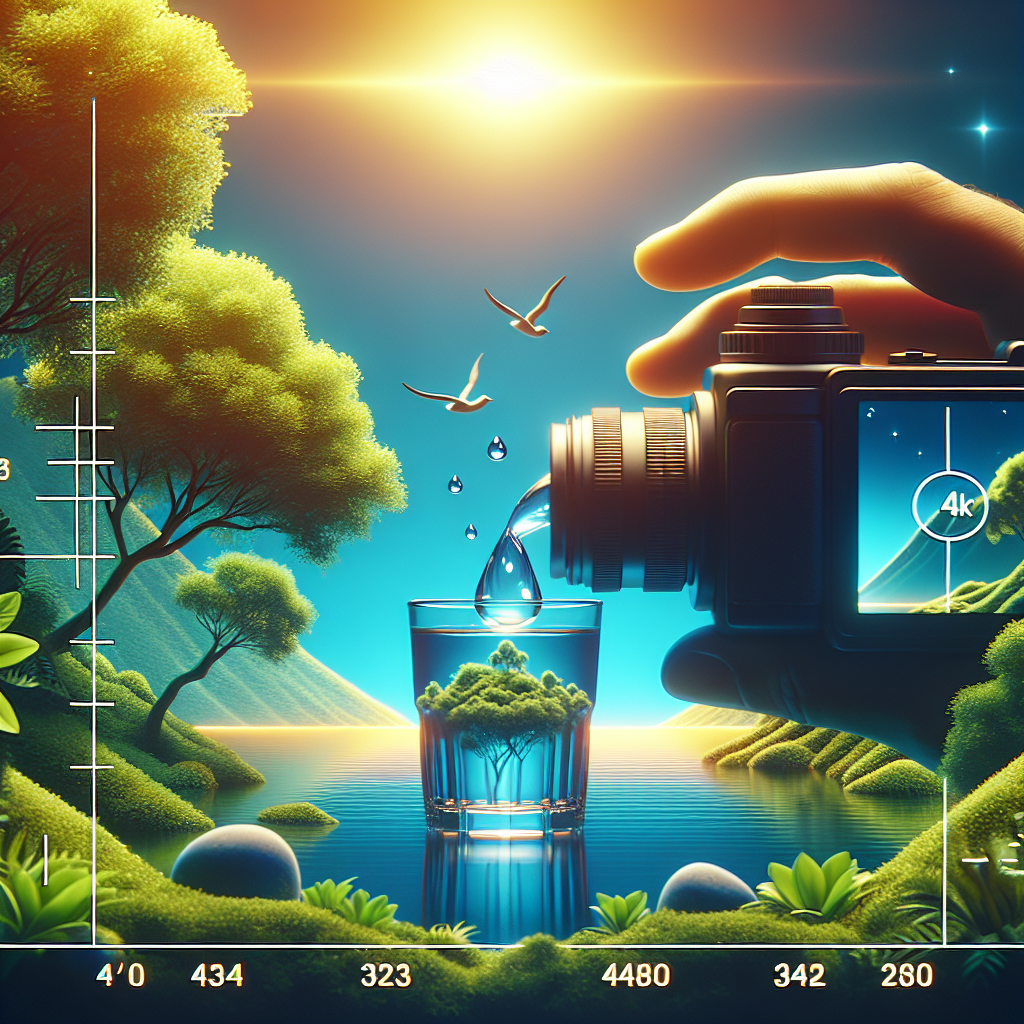
-
Table of Contents
Understanding the Link Between Hydration and Weight Loss

Water is a fundamental element of life. It is essential for various bodily functions, including digestion, absorption, circulation, creation of saliva, transportation of nutrients, and maintenance of body temperature. But did you know that staying hydrated can also aid in weight loss? This article will delve into the science behind the link between hydration and weight loss, providing you with valuable insights and practical tips to incorporate into your weight loss journey.
The Science Behind Hydration and Weight Loss
Before we delve into the specifics, it’s important to understand the role of water in our bodies. Water makes up about 60% of our body weight and is involved in numerous metabolic processes. It’s no surprise then that our hydration status can have a significant impact on our metabolism and, consequently, our ability to lose weight.
Research has shown that drinking water can increase the number of calories you burn, which is known as resting energy expenditure. In adults, resting energy expenditure has been shown to increase by 24-30% within 10 minutes of drinking water. This effect lasts for at least an hour. So, drinking water could temporarily boost your metabolism, helping you burn more calories.
Water can also help you lose weight by acting as an appetite suppressant. Drinking water before meals can make you feel fuller, thereby reducing the amount of food you eat. A study found that people who drank half a liter of water before their meals lost 44% more weight than those who didn’t.
Moreover, dehydration can lead to bloating and constipation, which can add extra pounds on the scale. Staying hydrated helps your body function more efficiently, especially your kidneys and liver, which are crucial for fat metabolism.
How Much Water Should You Drink?
The amount of water you need can depend on various factors, including your age, sex, weight, activity level, and overall health. However, a common recommendation is to drink eight 8-ounce glasses of water a day, which equals about 2 liters, or half a gallon. This is known as the “8×8 rule” and is easy to remember.
However, some health gurus believe that you need to sip on water constantly throughout the day, even when you’re not thirsty. As per these experts, by the time you feel thirsty, you might be already dehydrated. But what does the actual research say?
According to a study, the body’s natural thirst mechanism is an adequate guide for water intake. This study also found that drinking when you’re thirsty can prevent overhydration, which can lead to water intoxication. This condition is rare but can be deadly.
It’s also worth noting that individual water needs can vary widely. For instance, if you’re physically active or live in a hot climate, you might need more water than someone who’s sedentary or lives in a cooler climate.
Hydration and Exercise
When it comes to weight loss, exercise is a key component. And staying hydrated is crucial for a safe and effective workout. Dehydration can lead to decreased coordination, muscle fatigue, and heat illness — all of which can interfere with your workout.
But how much should you drink during exercise? A good rule of thumb is to drink about 2 cups (16 ounces) of water 2 hours before exercise. Then, during your workout, try to drink 6 to 10 ounces every 15 to 20 minutes. After your workout, drink another 2 cups.
Remember, these are just general guidelines. The amount of water you need can depend on the intensity and duration of your workout, as well as environmental conditions.
Other Hydrating Beverages and Foods
While water is the best beverage for staying hydrated, other drinks and foods can also contribute to your daily water intake. In fact, about 20% of your daily water intake comes from food.
Fruits and vegetables, in particular, can be a good source of hydration. For instance, cucumbers, tomatoes, spinach, and watermelon are all over 90% water. Soups and broths can also contribute to your water intake.
Other hydrating beverages include herbal tea, fruit-infused water, and milk. Even coffee and tea can contribute to your water intake. However, these beverages also contain caffeine, which is a diuretic, so they should not make up the bulk of your fluid intake.
Conclusion
Staying hydrated is a simple yet effective way to aid your weight loss efforts. Not only can it boost your metabolism, but it can also act as an appetite suppressant, help your body function more efficiently, and enhance your workouts. While the amount of water you need can depend on various factors, a good rule of thumb is to drink when you’re thirsty and aim for at least 8 cups of water a day. Remember, other beverages and foods can also contribute to your daily water intake. So, make sure to include a variety of hydrating foods and drinks in your diet.